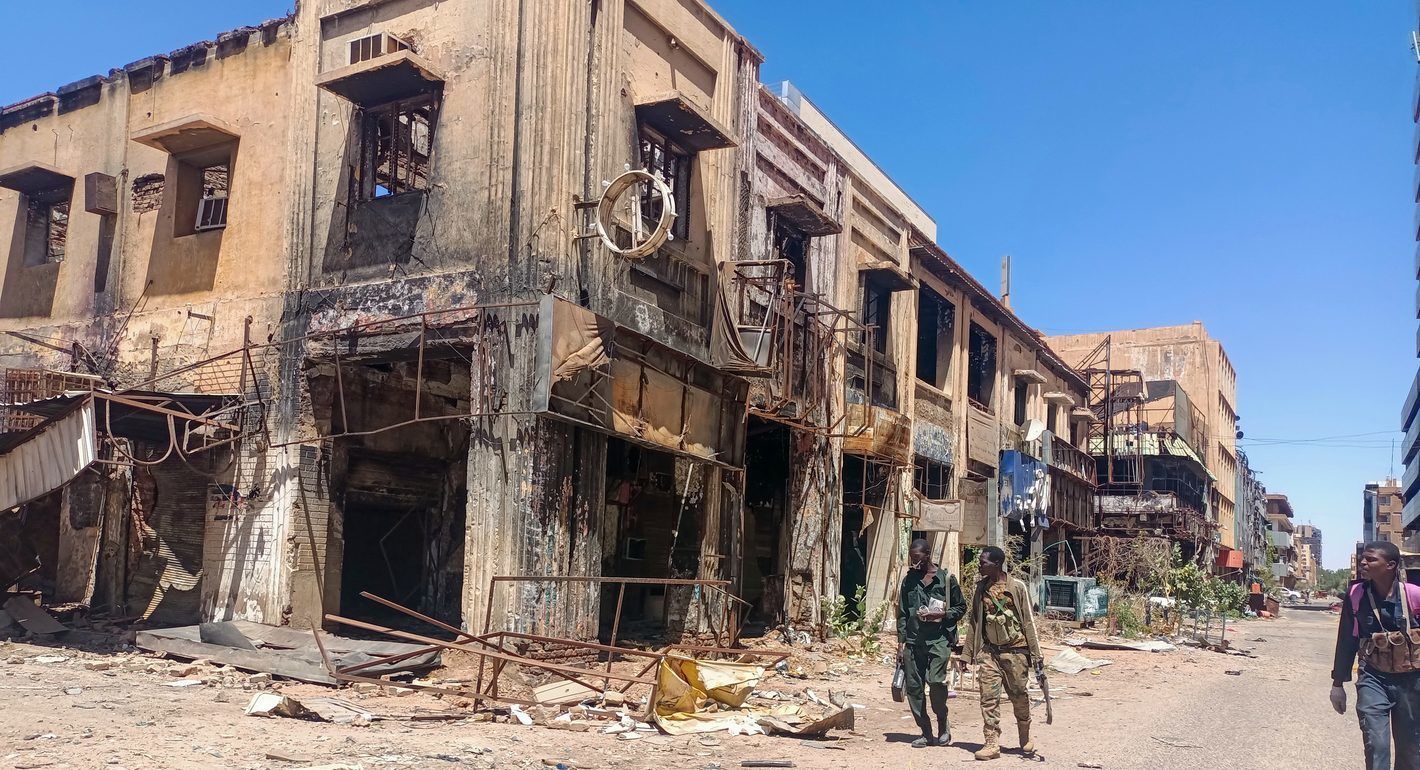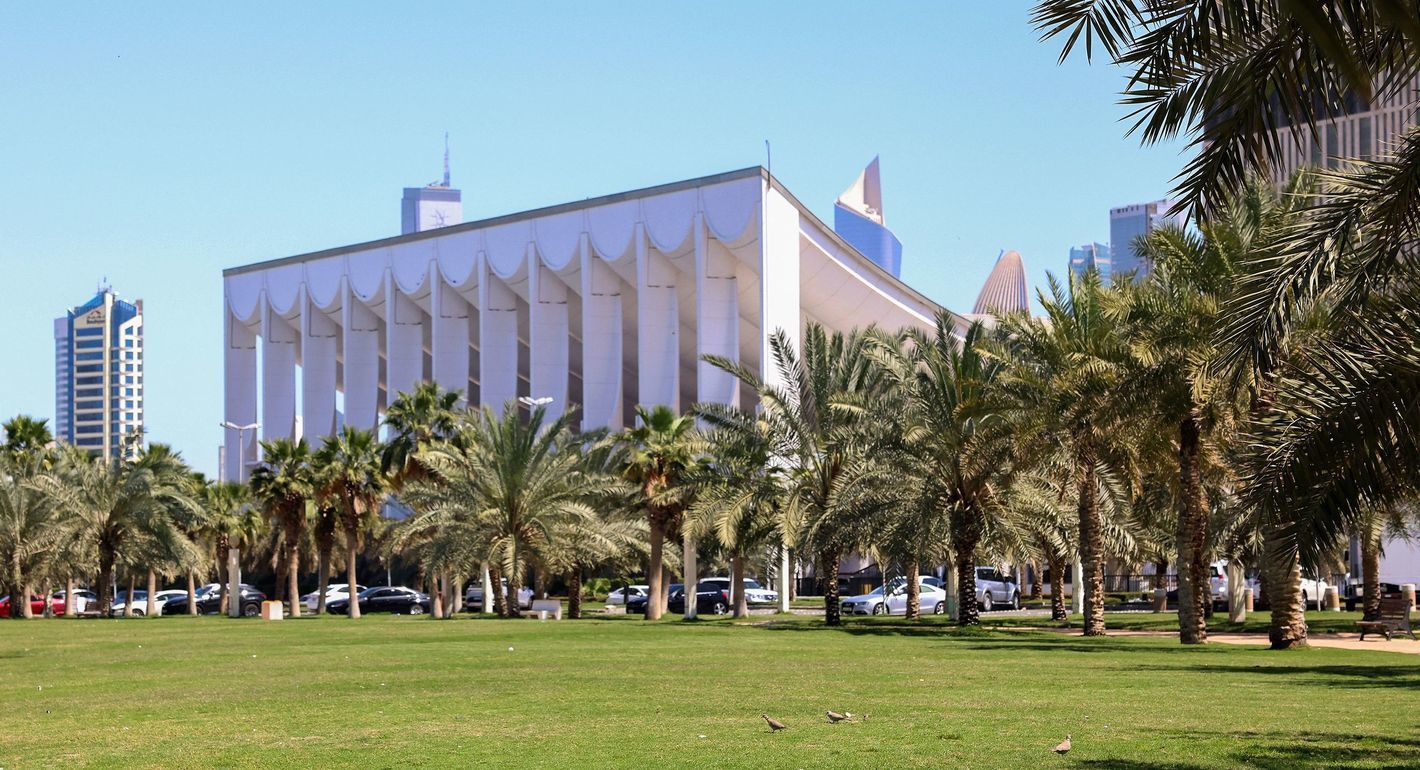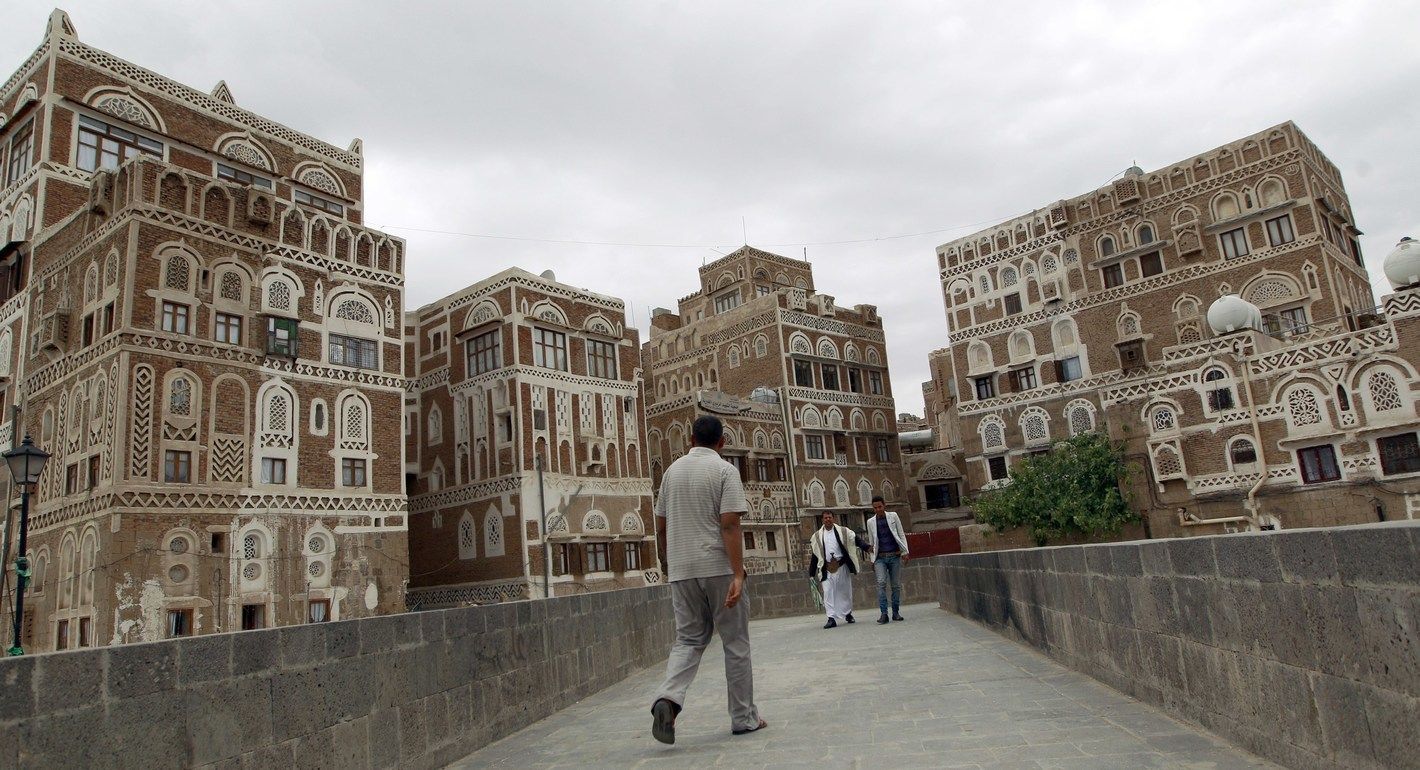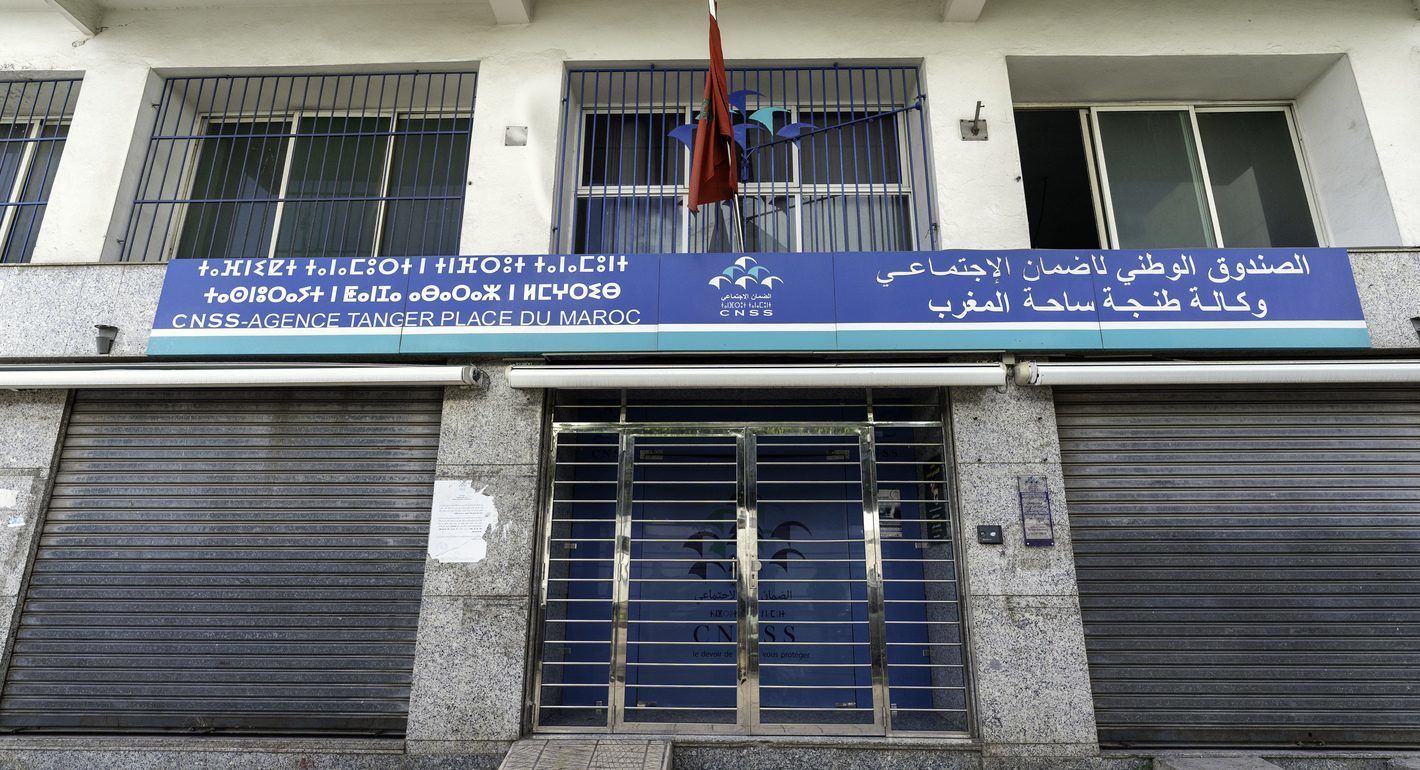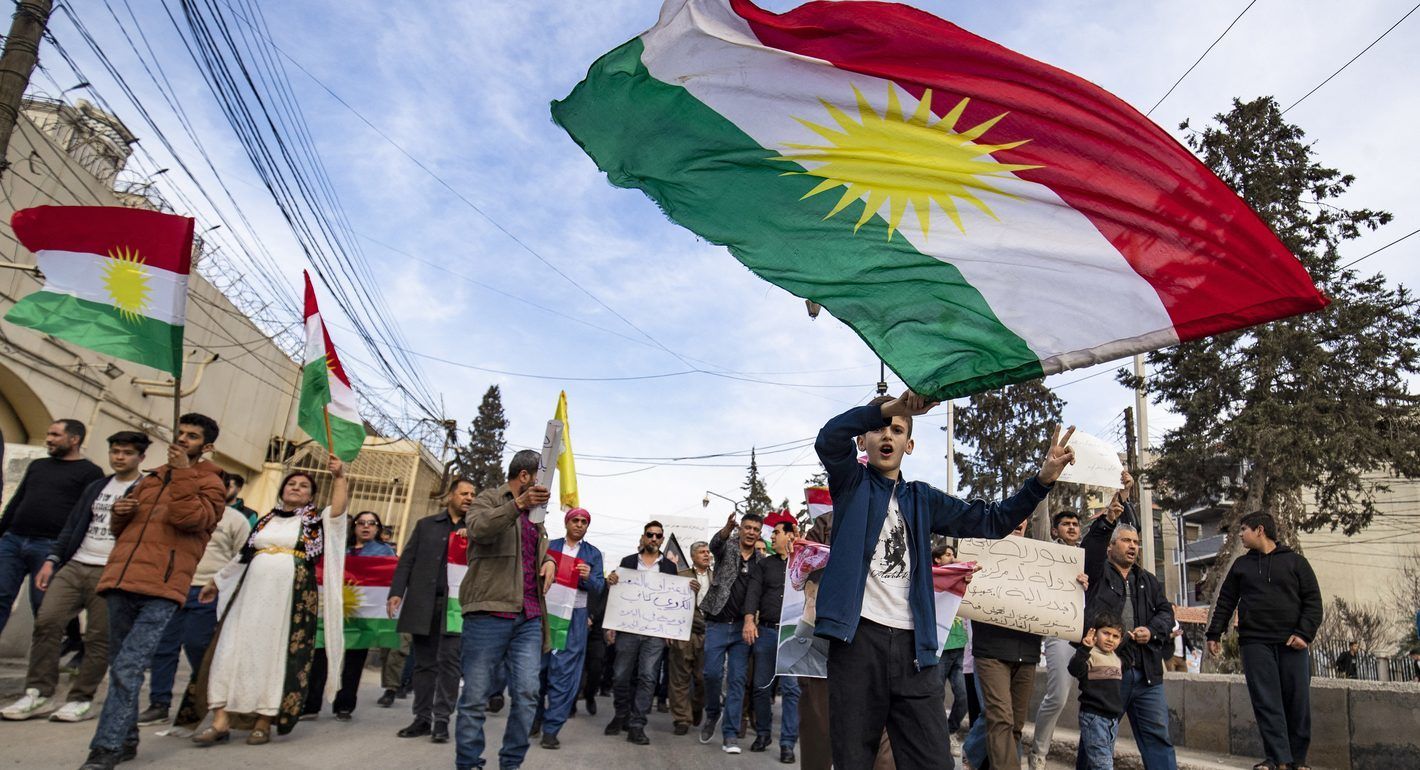On December 26, 2006 President Hosni Mubarak formally requested that the People's Assembly amend some 34 articles of the constitution, a move heralded by the government-controlled press as promising "a new era of democracy" and "the rise of the citizenry." Public interest in the amendments is low, however, as Egyptians are beginning to realize that the proposed amendments actually represent the constitutionalization of measures intended to undo the modest gains of the limited political opening of 2004-2005.
By the end of the autumn 2005 parliamentary elections, the erosion of such gains was already underway. The retrenchment was accomplished in 2005-2006 through administrative and security interference in the elections, the refusal to tolerate demonstrations, the imprisonment of Ghad Party leader Ayman Nour, the renewal of the State of Emergency, the postponement of local elections, and the use of the Emergency Law against hundreds of peaceful demonstrators with no connection to terrorism. Member of Parliament Talat Al Sadat was stripped of his immunity and convicted in a military trial for criticizing the armed forces. A license for the independent liberal leftist newspaper Al Badil (The Alternative) was denied and the Political Parties Committee refused the licensing requests of twelve new parties, some of whose applications were over a decade old.
Although some of the new proposed constitutional amendments are meaningless, several are causing particular concern among civil society organizations. Amendment of Article 88, for example, would curtail judicial supervision of general elections, which in 2005 exposed fraud and lack of transparency in the electoral process. This will mean a return to regime control of election results. Other amendments include further interference with judicial independence via the creation of a new supervisory body headed by the President.
The proposed amendments would also weaken constitutional guarantees of human rights in order to pave the way for lifting the State of Emergency in favor of a counter-terrorism law. Such changes are likely to grant security forces unlimited authority to detain persons, raid residences, and monitor postal and telephone communications without court permission. A special judicial regime might be created to grant the necessary authorization and provide political cover for the security apparatus. And reimposition of the State of Emergency will remain a possibility even when there is a new counter-terrorism law.
Regarding political life, by prohibiting religious parties the amendments appear to foreclose any hope of coming to terms with political Islam. Meanwhile, the creation of new non-religious parties continues to be blocked and existing parties are beset by administrative, legislative, and security restrictions.
In response to these developments, opposition groups and civil society have been divided and on the defensive. Heads of the centrist Wafd and lefitist Tagammu, older parties that now command little support, agreed in principle to Mubarak's proposed amendments, provoking sharp criticism and allegations of deal-making with the regime from within the two parties and in the independent press. The Judges' Club, among the most active and respected advocates of reform, has expressed concern that these amendments target human rights, judicial independence, and electoral transparency. The judges have demanded that the government permit international monitoring of future elections. Human rights organizations have expressed similar concerns about elections and the limiting of public freedoms under the pretext of combating terrorism. Some public figures and the Kifaya protest movement have called for a public boycott of discussion of the amendments and the coming referendum, arguing that previous experiences have resulted in the passage of regime initiatives without any meaningful change, while the ruling parting has benefited from the appearance that the amendments were the result of free democratic dialogue.
Many in the opposition and civil society are insisting on the amendment of Article 77 in order to set a limit of two presidential terms, with the understanding that this stipulation will not be applied retroactively to President Mubarak. Some analysts expect that Mubarak will agree to such an amendment in the final moments as a sop to the opposition parties.
The quasi-governmental National Council for Human Rights has recommended to the government that such term limits be established and that judicial supervision of elections be maintained. But the Council has unfortunately ignored issues strongly connected to its original purview, despite the fact that constitutional human rights guarantees will be the main victim of the amendments.
With the required two-thirds majority in the People's Assembly, there is little question that the ruling party will pass the amendments handily and move on to the required public referendum. Then the next move in the game will be to pass a raft of laws stemming from the amendments, thereby completing the constitutional and legislative process of closing the political opening in Egypt.
Bahey Eldin Hassan is director of the Cairo Institute for Human Rights Studies. This article was translated from Arabic by Kevin Burnham.


